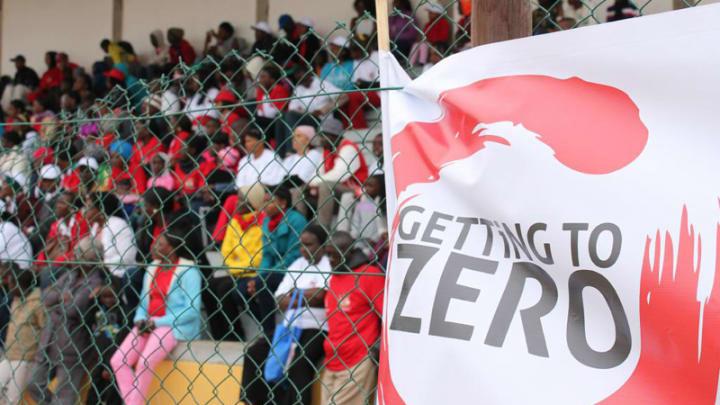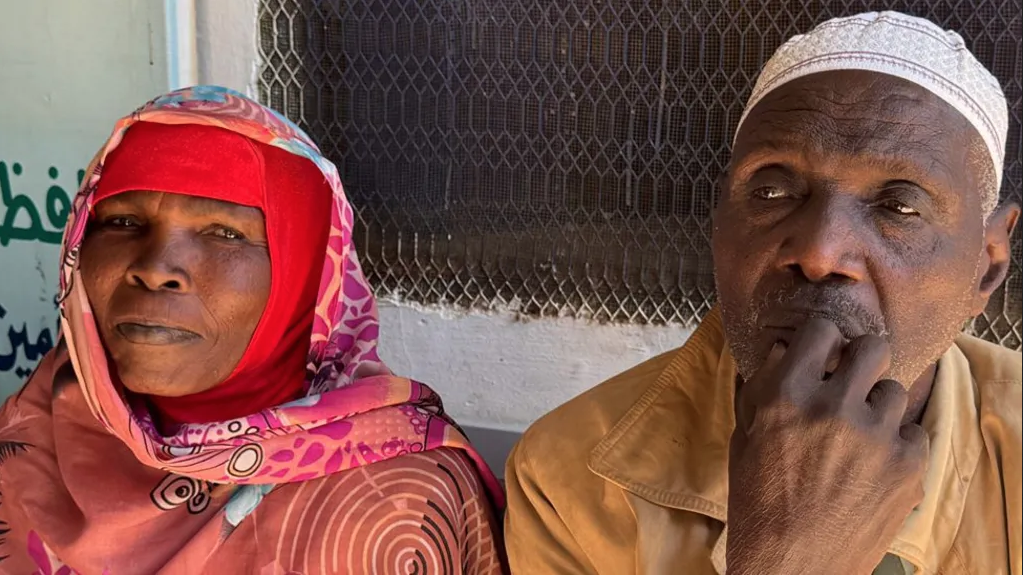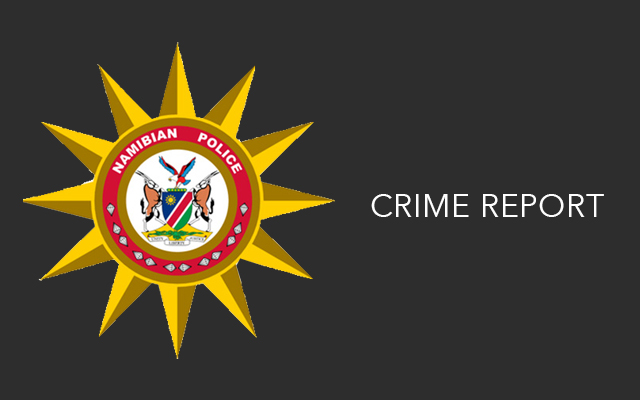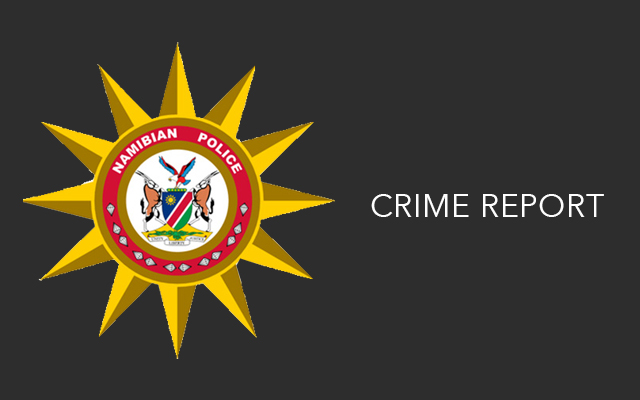As the world observed World AIDS Day yesterday, former health minister and medical doctor Bernard Haufiku has called for renewed and collective action to tackle the ongoing HIV-AIDS epidemic.
According to Haufiku, despite significant advances in treatment and prevention, the fight against the virus remains far from over, particularly in Namibia where more than 6 000 lives were lost in 2023 due to HIV-related complications.
This year’s theme is ‘Take the Rights Path: My Health, My Right!’
Haufiku told The Namibian that HIV was identified as the cause of AIDS around 1984, after doctors in San Francisco noticed unusual patterns of illness among gay men.
“Since then, remarkable progress has been made in understanding the virus and developing treatment,” he says.
Haufiku highlighted the development of antiretroviral treatment (ART), which has revolutionised the lives of people living with HIV.
“Today, there are over 20 different ART medications available, significantly improving quality of life and extending survival. Antiretroviral therapy has allowed many individuals to lead normal lives, with fewer side effects compared to the medications used decades ago,” he says.
Despite these advances, Haufiku warned that the fight against HIV is far from over. He stressed that the HIV epidemic is still a pressing concern globally and locally.
“As of 2023, nearly 40 million people are living with HIV worldwide, and tragically, 1.3 million new infections occurred last year alone. In fact, every day, approximately 3 500 people are infected, which equates to two people every minute,” he said.
He further addressed the urgent need for a more inclusive and equitable approach to fighting the virus.
“The key populations such as sex workers, LGBTQ+ individuals and people who inject drugs remain disproportionately affected by the epidemic. The stigma and discrimination they face only exacerbates the spread of HIV,” he says.
According to Haufiku, HIV does not discriminate and, therefore, anyone can be at risk regardless of their background or identity.
“We must continue to protect the rights of the most vulnerable and marginalised groups. It is imperative that we dismantle the barriers of stigma and discrimination, and provide equal access to prevention, treatment and care for all,” Haufiku says.
He further stressed that HIV is still a global threat, with over 600 000 deaths from HIV-related complications last year alone.
He says despite advances in treatment, gaps persist in prevention, early detection and treatment accessibility, particularly for the most vulnerable populations.
According to the World Health Organisation (WHO), the world can end AIDS – if everyone’s rights are protected.
“With human rights at the centre, with communities in the lead, the world can end AIDS as a public health threat by 2030.
Yesterday WHO joined partners and communities to commemorate World AIDS Day 2024.
The WHO further called upon global leaders and citizens to champion the right to health by addressing the inequalities that hinder progress in ending AIDS.
Stay informed with The Namibian – your source for credible journalism. Get in-depth reporting and opinions for
only N$85 a month. Invest in journalism, invest in democracy –
Subscribe Now!






